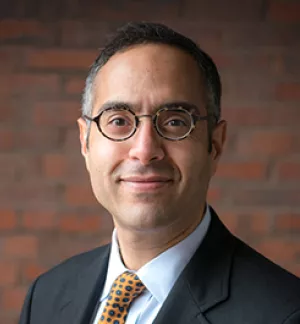
Many Americans want to know more about the troubled region. But they're largely on their own because we tend to learn very little about it in school.
Americans want to know more about the Middle East, and they are taking matters into their own hands. Literally. Last week, two of the five best-selling books on The New York Times' nonfiction paperback bestseller list were about the conflict between Israelis and Palestinians. The surge in interest highlights a paradox in American politics: Despite the enormous significance of the Middle East, and of the American role there, we tend to learn very little about it. High school world history classes often barely touch on the modern Middle East.
Schools need to do better. But in the meantime, if you're one of those Americans seeking a broader understanding of the conflict, where should you turn? The Globe asked scholars of the region — including Tarek Masoud, a professor at Harvard University's John F. Kennedy School of Government; Lior Sternfeld, associate professor at Penn State University; and Susannah Heschel, professor at Dartmouth College — for book recommendations.
The full text of this publication is available via The Boston Globe.


